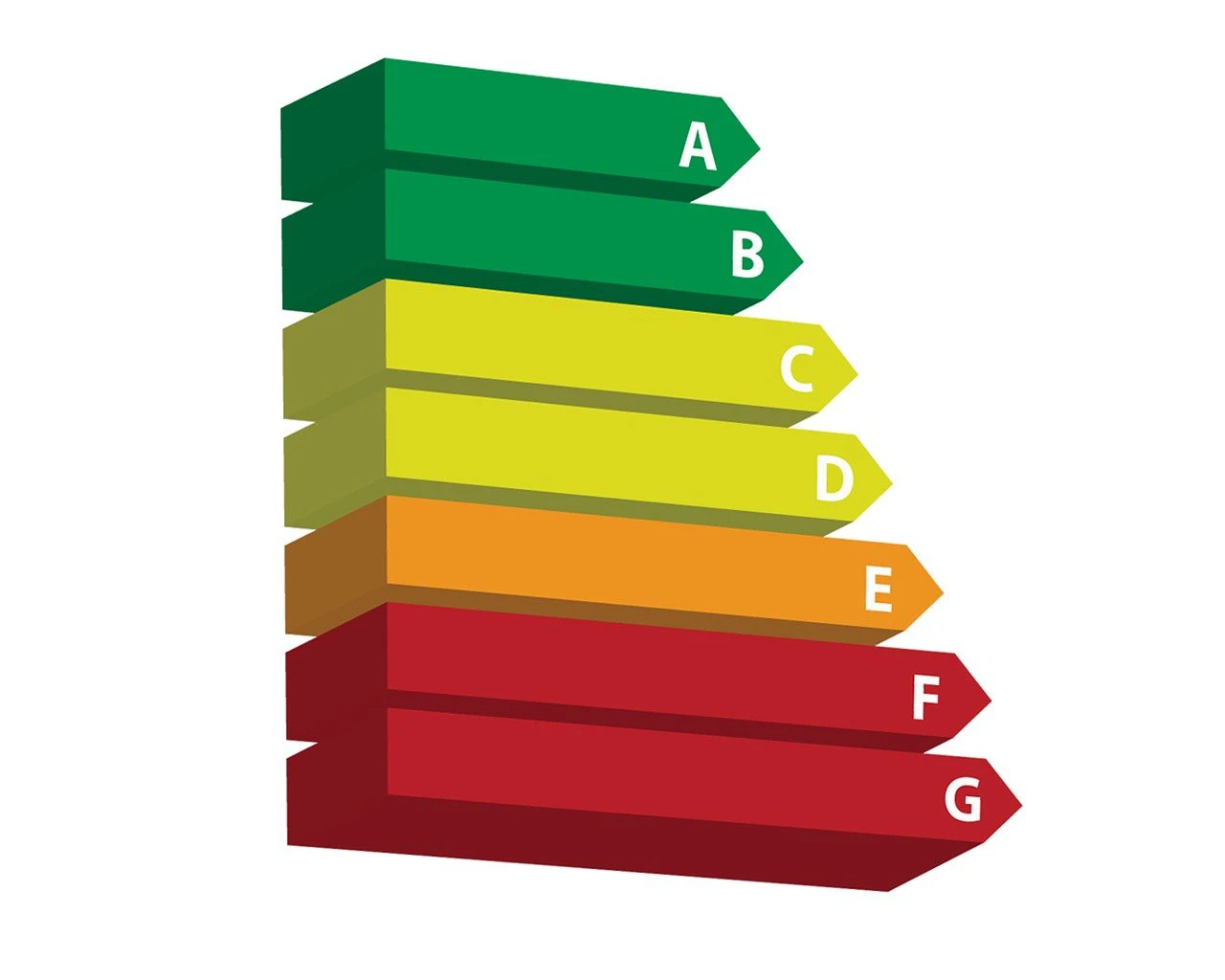If you are looking into building your own home, or simply doing some DIY improvement on your existing home, using sustainable building materials can be a great way to make your home greener and lessen your effect on the environment.
Sustainable building materials can help to reduce the environmental impact of your construction project. These materials are created from renewable resources, use less energy to manufacture, and might help to enhance the energy efficiency of a property - in corporate offices and residential buildings alike.

There are a wide variety of sustainable building materials available, including:
-
Wood
-
Steel
-
Bamboo
-
Clay
-
Glass
-
Recycled materials
Properties of sustainable building materials
Each material has distinct features and advantages. For example, wood is a renewable resource that is both robust and long-lasting. Steel is both strong and light, making it perfect for towering structures. Bamboo is a fast-growing, sturdy, and long-lasting plant. Clay is a naturally fire-resistant substance that may be used to build bricks and tiles. Glass is a transparent substance that allows natural light to pass through.
Recycled resources may be utilised to make new building materials, minimising the need for newly created materials.
The sustainable building materials you choose will be determined by your project and the intended outcome. However, by incorporating sustainable materials in your build, you could help to lessen your construction's environmental effect and help build a more sustainable future.
Benefits of sustainable building materials
There are many benefits to using sustainable building materials, including:
Environmentally friendlier than standard building materials
Sustainable building materials have a lower environmental impact than traditional materials. This is because they are made from renewable resources and require less energy to produce.
Reduced maintenance expenses
Sustainable building materials often require less maintenance than traditional materials. This can lead to lower maintenance costs over the lifespan of a building.
Increased occupant wellbeing
Sustainable building materials can help to improve the health and well-being of occupants. This is because they are often made from materials that are free of harmful chemicals and pollutants. This can lead to a healthier indoor environment and reduced risk of allergies and asthma.
Higher EPC ratings
By using sustainable building materials, you have the opportunity to increase the EPC (Energy Performance Certificate) rating of your home. One reason why you should aim to increase your home’s EPC rating is energy costs. By increasing your EPC rating, you could end up spending less on energy as a high rating means that your home is more energy efficient.
Also, if you ever decide to move house in the future and want to sell or rent out your current home, having a higher EPC rating will likely increase the value of your property, making it more attractive to potential tenants and buyers. It is also worth remembering that it is illegal to rent out a property with an EPC rating lower than ‘E’, under the Minimum Energy Efficiency Standards that were introduced in April 2020.

By using sustainable materials, you can help to create a more sustainable future.
Contact us
Important information
Your home may be repossessed if you do not keep up repayments on your mortgage.
There may be a fee for mortgage advice. The actual amount you pay will depend on your circumstances. The fee is up to 1% but a typical fee is 0.3% of the amount borrowed.




